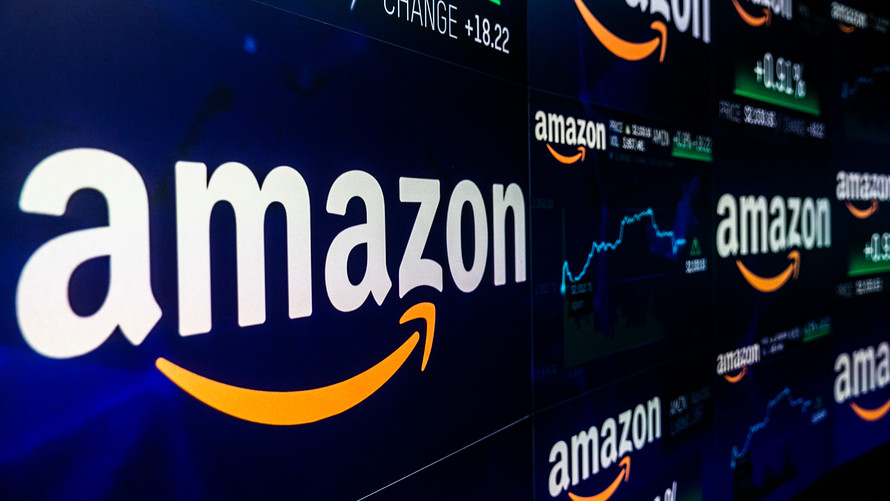FCC Announced That Amazon Would Finally Be Working On Its Satellite System Known As Kuiper
- Posted on July 31, 2020
- Technology
- By Victoria

On Thursday, the Federal Communications Commission announced that Amazon (AMZN) might finally be working on its satellite system which the company said would compete with Elon Musk's SpaceX’s Starlink network.
According to the report, FCC is set to grant Amazon a go ahead with its plan to build its satellite project known as Kuiper. After completing the project, Amazon revealed that it would start by launching 3,236 satellites into low Earth orbit. The company also said that the satellite would be deployed into five phases and broadband services, which would start immediately after having 578 satellites in orbit.
“We conclude that grant of Kuiper’s application would advance the public interest by authorizing a system designed to increase the availability of high-speed broadband service to consumers, government, and businesses,” the FCC secretary Marlene Dortch said in its authorization order.
After FCC's announcement on the satellite project, Amazon revealed that it would be spending not less than 10 billion on the project.
“There are still too many places where broadband access is unreliable or where it doesn’t exist at all. Kuiper will change that. Our $10 billion investment will create jobs and infrastructure around the United States that will help us close this gap,” Amazon senior vice president Dave Limp said in a statement.
Meanwhile, as it is, Amazon is yet to reveal the timeline of Kuiper and FCC is not yet through with the project designs. Despite this, Morgan Stanley said the high-speed internet network has the potential to be a $100 billion opportunity for Jeff Bezos company.
Meanwhile, Amazon said Kuiper would be competing with Elon Musk's SpaceX’s Starlink network which is well known for its high-speed internet access. Since the launch of SpaceX’s Starlink network, the satellite has been thriving well and getting good remarks. In fact, SpaceX has launched more than 500 Starlink satellites. The company is currently planning to start offering direct-to-consumer broadband services.
One of the issues SpaceX pushed back on was Kuiper's approach to orbital debris. During the announcement, Amazon emphasized that it would remove the satellite from orbit within 355 days of its launch. SpaceX said that Kuiper “failed to submit a casualty risk analysis” of whether it would be able to survive a reentry. According to SpaceX, the risk analysis should include "the probability of human casualty." However, FCC said Amazon would later present this as part of its final plan.
It is important to note that SpaceX was not the only company to push back on FCC consideration for Amazon's satellite plan. Other companies include Iridium Communications, Hughes Network Systems, Intelsat, Inmarsat, SES, WorldVu, Telesat, and Theia.
Amazon Space Reach.
Recently, Amazon has increased its space reach under the Amazon Web Services. The company has set up a new unit called Aerospace and Satellite Solutions. Aside from this, Amazon's CEO Jeff Bezos is running another space venture called the Blue Origin. Although the venture is wholly separated from Amazon, Blue Origin is developing next-generation rockets and spacecraft such as a lunar lander for returning humans to the moon.
Also, recently, Blue Origin led a team into winning a NASA contract against SpaceX and aerospace contractor Dynetics. The contract is worth $547 million and is set on building a spacecraft that would help NASA agency get a safe landing into the moon by 2024.
Amazon's satellite was named Kuiper after the late Dutch American astronomer Gerard Kuiper. The name represents a belt of objects which include dwarf objects and asteroids.


Be the first to comment!
You must login to comment